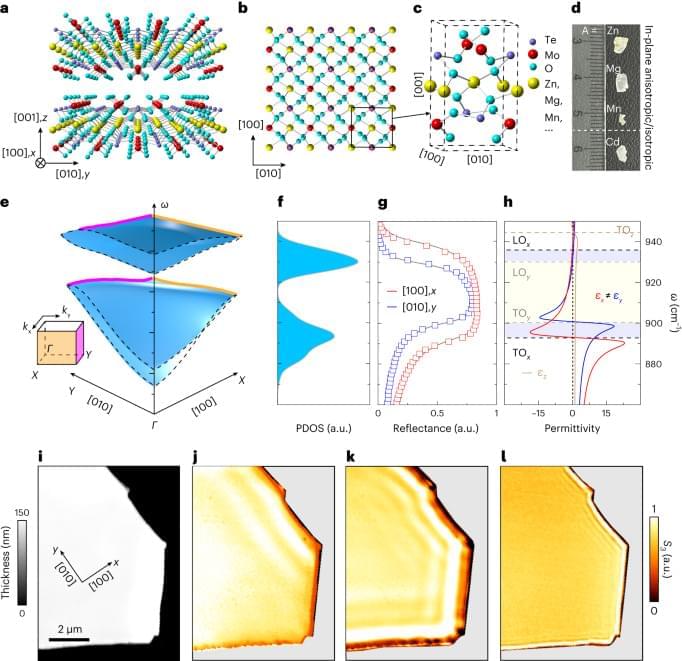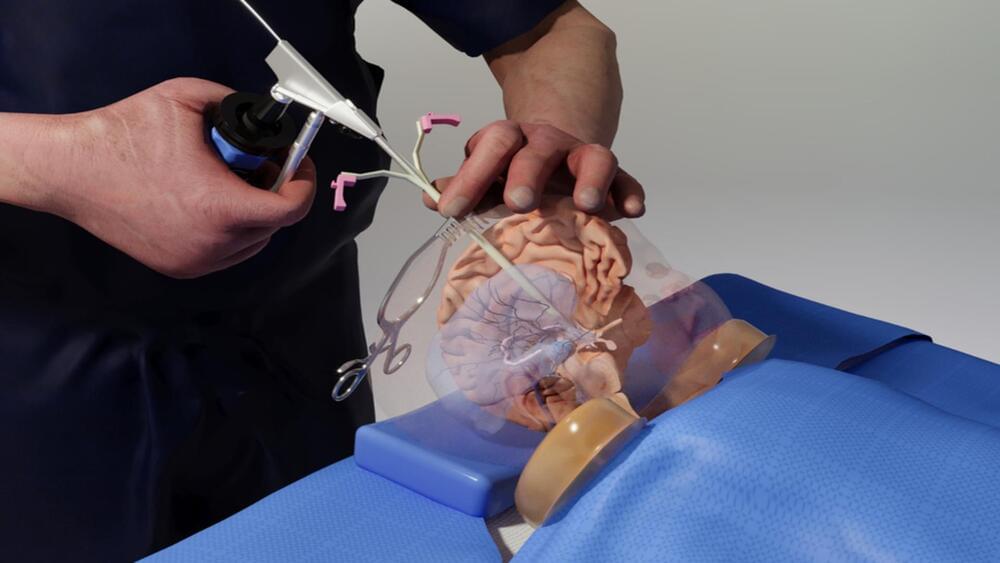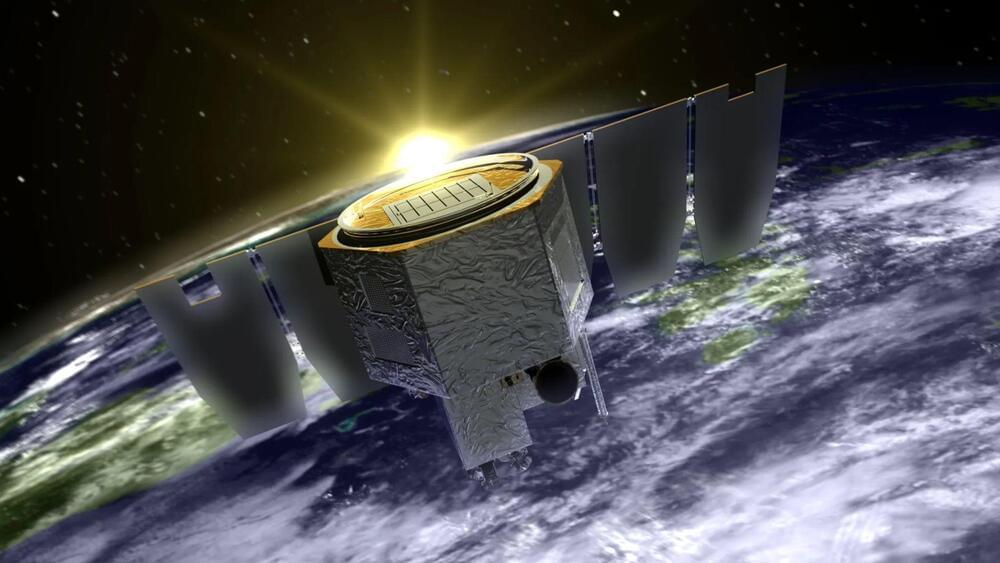Tellurite molybdenum quaternary oxides, a family of van der Waals materials, show slow group velocity and long lifetimes with promising implications for tunable low-loss anisotropic polaritonics.


Waymo received approval Friday afternoon from the California Public Utilities Commission to operate a commercial robotaxi service in Los Angeles, the San Francisco Peninsula and on San Francisco freeways.
The approval removes the last barrier for the Alphabet company to charge for rides in these expanded areas. Importantly, it opens up new territory for Waymo in one of the country’s largest cities and unlocks a route to San Francisco International Airport, which is located south of the city.
Waymo has operated a commercial service 24 hours a day, seven days a week throughout the city of San Francisco since receiving approval from the commission in August. Waymo is also allowed to give people free driverless rides in parts of Los Angeles. But until today’s approval, it was not able to charge for rides in Los Angeles.

In today’s column, I am continuing my ongoing coverage of prompt engineering strategies and tactics that aid in getting the most out of using generative AI apps such as ChatGPT, GPT-4, Bard, Gemini, Claude, etc.
A new prompt engineering technique indicates that mentioning Star Trek when prompting in generative AI can be beneficial. Read about the Spock-like logic involved.



An AI controller promises to predict what can go wrong in a nuclear fusion reaction 300 milliseconds before it actually happens.
Li Auto, a Chinese EV automaker, has just unveiled the 7-seater Mega.
Li Auto, a Beijing-based automaker, has just unveiled what it has called the world’s biggest electric vehicle (EV). Called the Mega, this is tailored towards large family consumers in China (the world’s most crowded car market).
And the Mega certainly lives up to its name. 17.5 feet (5.35 meters) long, 6.44 feet (1.965 meters) wide, and 6.1 feet tall (1.85 meters), the Mega has a wheelbase of around 10.82 feet (3.3 meters). The vehicle has seven seats set within a plush and spacious interior.

